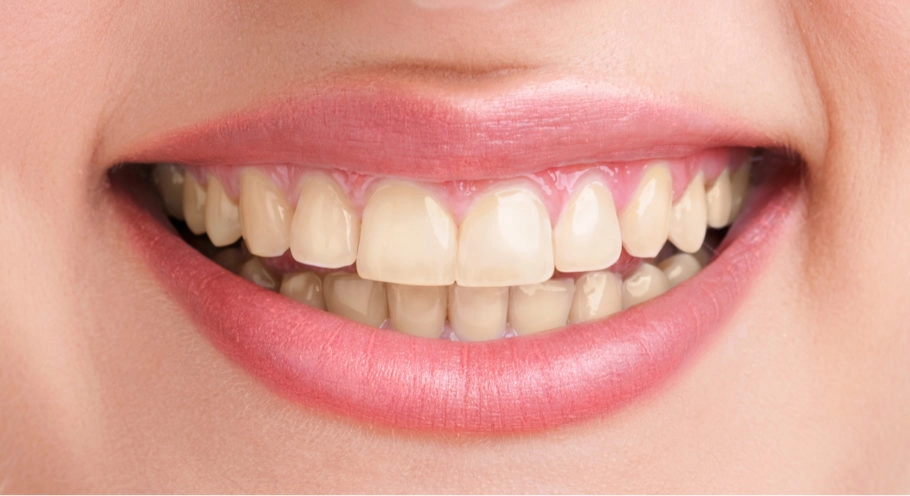What you need to know about Root Canal Treatment (RCT)
Has your dentist advised a root canal treatment (RCT) for your painful tooth? Are you worried that a root canal would cause more pain and whether you can go through it when you are already suffering from existing pain? Getting a root canal done is virtually painless and is extremely effective with modern endodontic techniques. Root canal treatment can be done in one or two appointments, based on the amount of infection under the roots.
A root canal treatment is a procedure that treats damaged or infected roots of your tooth by clearing the infection so that you can be relieved from pain. The goal of a successful RCT is to retain your tooth in your jaw, free of pain and infection, restore your bite and chewing ability and bring back your smile!
The root canal anatomy: Every tooth has dental pulp, that is central to the tooth. It is a soft living tissue supplied with blood vessels and nerves. When the tooth is decayed, injured or infected, it gets inflamed and the inflammation spreads to the pulp, causing severe pain. Gum infections also lead to inflammation of the pulp tissue. Tooth root is a part of the tooth inside the bone and is located below the gum.
Signs that indicate you may need RCT
The common signs are a pain, prolonged sensitivity to heat or cold, tenderness to touch and chewing, discoloration of the tooth, swelling, drainage, and tenderness in the lymph nodes near the bone and gum tissues. However, there may be no symptoms at times and can be detected in your regular dental checkups. Often cavities (the most common dental problem) lead to tooth decay and gum infection.
The root canal procedure is simple and includes removal of the infected pulp, followed by cleaning, shaping the root canal, and finally sealing it with the artificial filling material. Steps involved in this process include:
• Getting access to the root canal openings
• Removal of infected or inflamed pulp
• Flushing out of infected tissue debris
• Filling and sealing the root canal
• Sealing the cavity
• Restoration the tooth with a crown
The Benefits of Root Canal Treatment
The root canal treatment is primarily aimed at retaining the natural tooth in the jaw, free from pain and infection, thereby avoiding tooth extraction. The progression from a cavity to an infected or inflamed pulp can be prevented by regular dental check-ups which help detect hidden cavities. Maintaining oral hygiene by brushing ( with an interdental brush) twice daily with a fluoride toothpaste and flossing (using water flosser) every day prevents tooth decay. Dental fillings also prevent the bacteria present in decay, from reaching the pulp.
Getting a root canal can provide the following benefits:
• Save the natural tooth
• Enable efficient chewing
• Enable normal biting force and sensation
• Restore the natural look
• Protect other teeth from excessive wear or strain.
Why Dr. Koya’sDental Clinic?
We adopt a holistic approach to treating a root canal, depending upon the extent of tooth damage. We are a dedicated, experienced team adept at treating root canals. Dr. Koya’s Clinic is specialized in highly advanced and pain-free root canal treatment. We have performed several hundreds of root canal procedures, safely, effectively and comfortably.
Dr. Koya’s Clinic takes a preventive approach to treating our patients. We advise them to set up regular dental check-up appointments even though there are no visible signs of decay or painful symptoms of dental problems. Early detection of cavities allows for timely treatment, saving you the need for expensive treatments later.
If you have a toothache or a large cavity or decayed tooth and need advice, Call us at 9963333456 or 8297891188 or drop a line [email protected]
Before & After

Services
- Dental Implants
- Pediatric Dentistry
- Dental Crowns
- Dental Veneers
- Dental Extractions
- Dental Scaling and Polishing
- Tooth Jewellery & Smile Design
- Dental Dentures
- Dental Bleaching
- Midline Diastema
- Cosmetic Dentistry
- Laser Dentistry
- Dental Check-up
- Preventive-Orthodontics
- Root Canal
- Dental Fillings
- Dental Bridges
